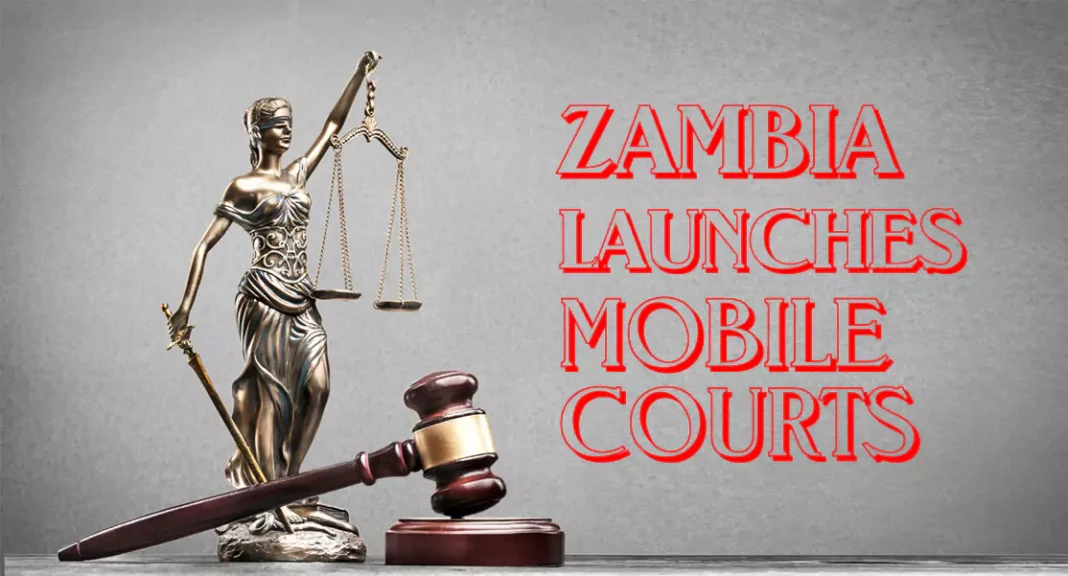In a groundbreaking move to tackle severe prison overcrowding, Zambia has launched a pilot project introducing mobile courts.
This initiative aims to alleviate pressure on correctional facilities, which currently house 28,000 inmates, far exceeding their intended capacity of just 9,150.
Lusaka is among the worst affected, with its prisons holding 5,000 inmates in spaces designed for only 1,228.
Recognizing the urgency, the judiciary has welcomed the project, with Lusaka High Court Judge-in-Charge Charles Zulu emphasizing its potential to bring justice closer to those in need.
Judge Zulu pointed out that many inmates are on remand, waiting for trial, and some qualify for bail but lack legal representation.
Others are held for minor offenses or have already served time equivalent to their sentences due to prolonged case delays.
“The Mobile Courts will allow magistrates and, in time, High Court judges to conduct proceedings within correctional facilities. This will enhance access to justice, reduce unnecessary delays, and address logistical issues like inmate transportation to court,” he said.
He explained that rather than holding full trials inside prisons, these courts will focus on updating records, discontinuing stalled cases, and adjusting bail conditions.
He said the initiative complements the existing Visiting Justice Program, which monitors prison conditions.
The Mobile Courts Pilot Project is backed by the embassy of Ireland and the Irish Rule of Law International, highlighting international support for Zambia’s justice reforms.
The Irish Ambassador to Zambia praised the project’s potential to transform the legal system and protect human rights.
Director of Public Prosecutions Gilbert Phiri underscored the urgency of addressing prison congestion, which currently exceeds 300% capacity.
Phiri said this crisis has led to human rights violations, poor hygiene, inadequate healthcare, and limited rehabilitation services.
“This situation cannot be ignored. Overcrowding compromises justice and human dignity. The Mobile Court Model ensures that inmates, especially those without legal representation, receive timely judicial attention,” Phiri stated.
Sara Larios, Executive Director of Undikumbukire Project Zambia, hailed the initiative as a turning point for legal accessibility.
“Many inmates face barriers such as geographic isolation, financial hardship, and complex legal procedures. Mobile Courts will eliminate these hurdles, delivering justice where it’s needed most.”
In its first session yesterday, the pilot project assisted six inmates, with a goal of reaching 1,000 individuals across Lusaka, Central, and Copperbelt provinces within the first year.
Deputy Commissioner of Zambia Correctional Service, Mulenga Nkondwa, reaffirmed that the initiative would ease pressure on overcrowded prisons and speed up legal proceedings.
Legal Aid Board Director Humphrey Mweemba assured the inmates of representation in their quest to receive justice.



